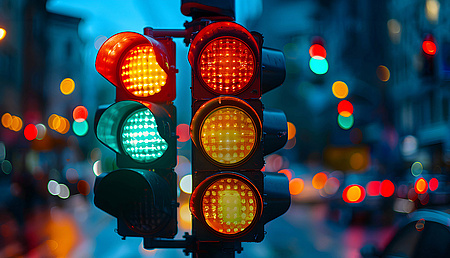
Counterfeiting, piracy and their effects on the economy
Criminal networks thrive by producing and trading in counterfeit and pirated goods. These products are often substandard and can raise health or safety risks which could even be life-threatening. This is particularly true for counterfeit pharmaceuticals, food and drink items, medical equipment, vehicle spare parts, toys and even tobacco products.
There are two sub-markets of counterfeit and pirated products. One consists of consumers who believe they are buying a genuine product while the other includes customers well aware of the fact that they are buying counterfeit and pirated products, but are probably looking to find a bargain. The differentiation between this two markets is intimately connected to deceptive and non-deceptive counterfeiting. It may not be possible for consumers to establish if a pharmaceutical product contains the correct active ingredients and they may be deceived while, on the other hand, fashion shoppers would know the difference between a genuine and a counterfeit pair of shoes and would not be deceived.
Intellectual Property rights (IPRs) encourage creativity, research and innovation but counterfeit and pirated goods pose a genuine and severe threat to IPRs. A significant number of organizations make huge profits as a result of their production and trade in counterfeit or pirated products, all of this at the expense of legitimate right holders. The market for counterfeit and pirated goods nick the market share from legitimate businesses, but it also undermines innovation and has a negative impact on economic growth. The counterfeit and pirate market do not only affect consumers and right holders, but it also has a staggering effect on the economy at large.

In a report, following a study ordered by Business Action to Stop Counterfeiting and Piracy (BASCAP) and the International Trademark Association (INTA), it has been shown that the counterfeiting and pirated goods business is thriving. The study used previous data of an analysis undertaken to measure the extent of piracy and counterfeiting in international trade from the Organization for Economic Co-operation and Development (OECD) and the European Union Intellectual Property Office (EUIPO) as a starting point. The findings have shown that the total international trade in counterfeit and pirated goods amounted to a staggering 461 billion dollars in 2013 and it is expected to rise to 991 billion dollars by 2022. Additionally, the global value of digital piracy in movies, media and software amounted to 213 billion dollars in 2015. It was estimated that job losses in the same year amounted to between 2 million and 2.6 million while it is projected that job losses could rise to around 4.2 to 5.4 million by 2022.
If you suspect or believe that your IPRs are being infringed, contact one of our experienced lawyers for assistance.
For more information, download our counterfeiting help sheet below.
Filed in

Slight variations in evidence can lead to vastly different outcomes in disputes — and prior decisions cannot be relied on as indicators of success.



